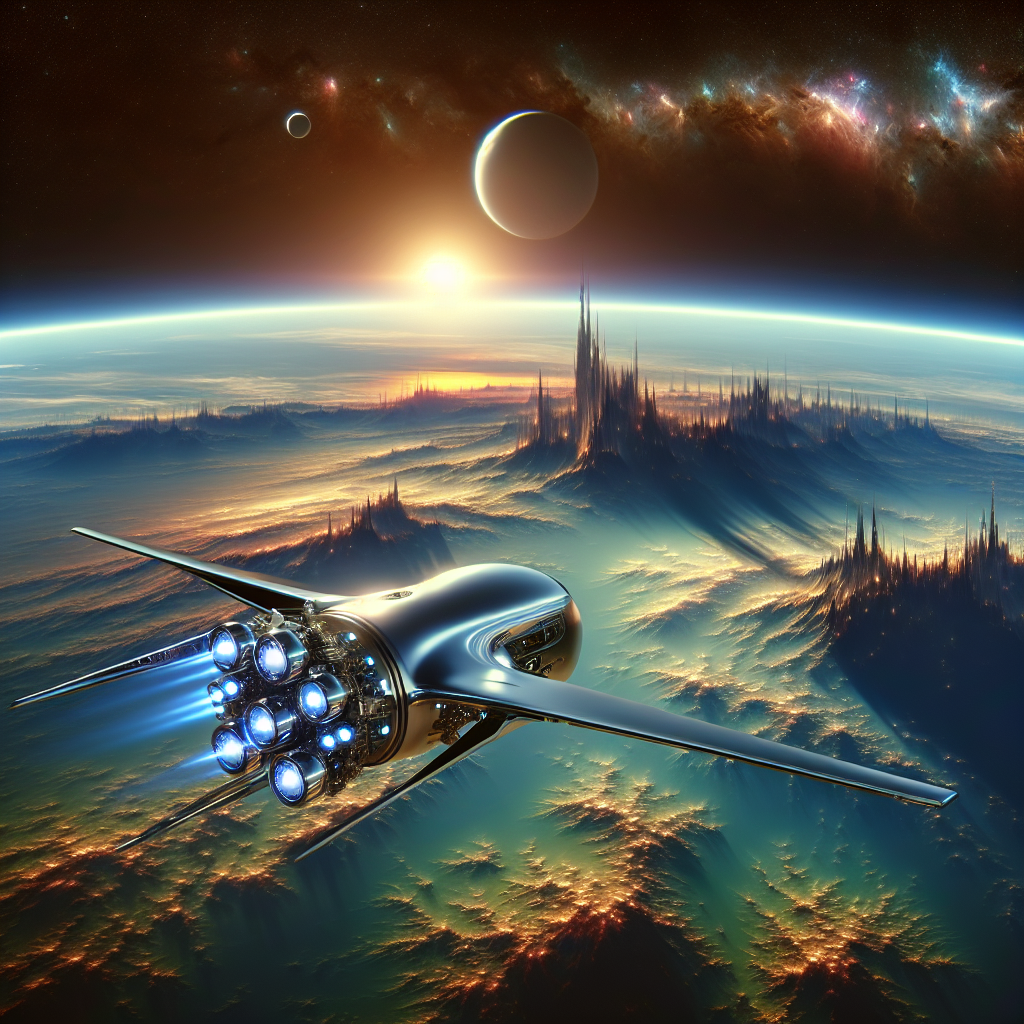AI in Space Exploration
Welcome to our exploration of a fascinating topic: the role of Artificial Intelligence (AI) in space exploration. Have you ever wondered how AI is changing the way we explore the cosmos? Let’s dive in and answer some common questions!
What exactly is AI in the context of space exploration?
Great question! AI refers to the use of computer systems that can perform tasks typically requiring human intelligence. In space exploration, AI can help with:
- Autonomous Navigation: Helping spacecraft navigate vast distances without constant human intervention.
- Data Analysis: Processing enormous amounts of data from space missions to identify patterns and make predictions.
- Robotics: Operating robots on distant planets or moons where human presence is currently impossible.
How does AI help with autonomous navigation?
Autonomous navigation is crucial since signals from Earth can take minutes or even hours to reach a spacecraft. AI systems can:
- Make real-time decisions to avoid obstacles.
- Adjust the spacecraft’s trajectory based on current conditions.
- Ensure the vehicle lands safely, even in unpredictable environments like Mars’s surface.
Can you give an example of AI being used in space missions?
Absolutely! One of the most notable examples is NASA’s Mars rover, Perseverance. It uses AI to:
- Navigate the Martian terrain autonomously.
- Select the most interesting rocks to study based on predefined criteria.
- Send back data to Earth, which scientists analyze to understand Mars’s history and environment.
Another fascinating example is the DART (Double Asteroid Redirection Test) mission, where AI was used to autonomously navigate a spacecraft to collide with an asteroid, testing our planetary defense capabilities.
What are the challenges of using AI in space exploration?
While AI brings remarkable capabilities, it also faces unique challenges:
- Harsh Environments: Space conditions like extreme temperatures and radiation can affect AI hardware.
- Limited Bandwidth: Communications between Earth and space can be slow, necessitating efficient data handling by AI.
- Complexity: Developing AI systems robust enough to handle space’s unpredictability is no small feat.
What’s the future of AI in space exploration?
The future is incredibly exciting! Here’s what we can expect:
- Enhanced Autonomous Missions: AI could make space exploration more autonomous, reducing the need for constant human supervision.
- Advanced Robotics: More sophisticated robots could carry out complex tasks like building habitats on Mars.
- AI Collaboration: AI systems could work alongside astronauts, assisting with research and safety protocols.
- Interplanetary Internet: Advanced AI might help create a better communication network between Earth and other celestial bodies.
As technology continues to evolve, AI will undoubtedly play a pivotal role in our journey to understand the universe. It’s an exciting time to be curious about space exploration!
Have more questions? Feel free to ask! The cosmos is vast, and there’s so much more to discover.
